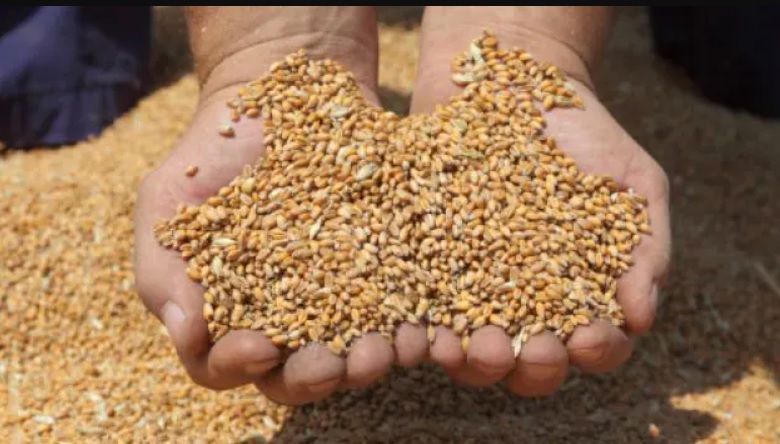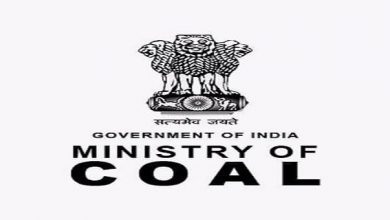India Bans Wheat Exports With Immediate Effect To Control Rising Domestic Prices
'The export policy of wheat … is prohibited with immediate effect…,' the DGFT said.

India has banned wheat exports with immediate effect as part of measures to control rising domestic prices, according to official notification.
However, the export shipments for which irrevocable letters of credit (LoC) have been issued on or before the date of this notification will be allowed, the Directorate General of Foreign Trade (DGFT) said in a notification dated May 13.
‘The export policy of wheat … is prohibited with immediate effect…,’ the DGFT said.
It also clarified that wheat exports will be allowed on the basis of permission granted by the Government of India to other countries to meet their food security needs and based on the request of their governments.
In a separate notification, the DGFT announced the easing of export conditions for onion seeds.
‘The export policy of onion seeds has been put under the restricted category, with immediate fact,’ it said.
The export of onion seeds was earlier prohibited.
Official data released this week showed that retail inflation surged to an eight-year high in April due to high prices of fuel and food items.
The ban on exports also comes amid disruption in global wheat supplies due to the ongoing war between Russia and Ukraine which are major exporters of the foodgrain.
India’s wheat exports surged to 7 million tonnes, worth USD 2.05 billion, in 2021-22 due to strong global demand. Of the total wheat exports, around 50 per cent of shipments were exported to Bangladesh in the last fiscal, according to the DGFT data.
The country exported around 963,000 tonnes of wheat this year against 130,000 tonnes in the same period last year.
India was looking to export 10 million tonnes of wheat in 2022-23. The commerce ministry recently stated that India would send trade delegations to nine countries – Morocco, Tunisia, Indonesia, the Philippines, Thailand, Vietnam, Turkey, Algeria and Lebanon – to explore possibilities of boosting wheat shipments.
India’s wheat purchase have also declined sharply by 44 per cent to 16.2 million tonnes as of May 1 in the current Rabi marketing season due to heavy lifting by private traders and low arrivals in Punjab and Haryana.
The government had procured 28.8 million tonnes of wheat in the year-ago period. The rabi marketing season runs from April to March.
Private players have bought wheat at a price higher than the minimum support price amid increased demand for the grain for export.
The Centre has set a target to procure a record 44.4 million tonnes of wheat in the 2022-23 marketing year as against an all-time high of 43.34 million tonnes in the previous marketing year.
Amid lower purchase for the central pool, the Centre has stopped the sale of wheat under the Open Market Sale Scheme (OMSS) to bulk consumers and asked them not to wait for recommencement of the scheme for buying the grain.
Wheat production is pegged at a record 111.32 million tonnes in the 2021-22 crop year (July-June), as per the second advance estimate of the agriculture ministry.




